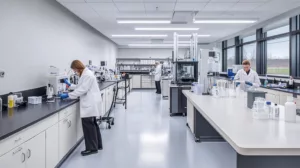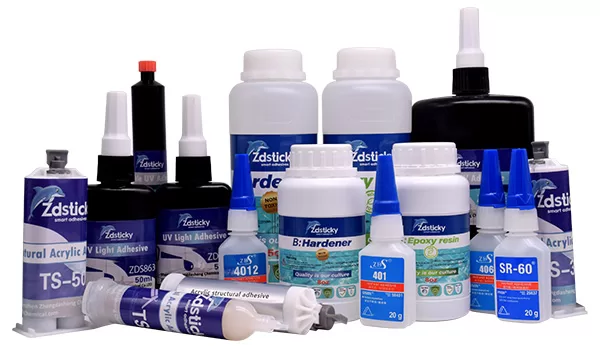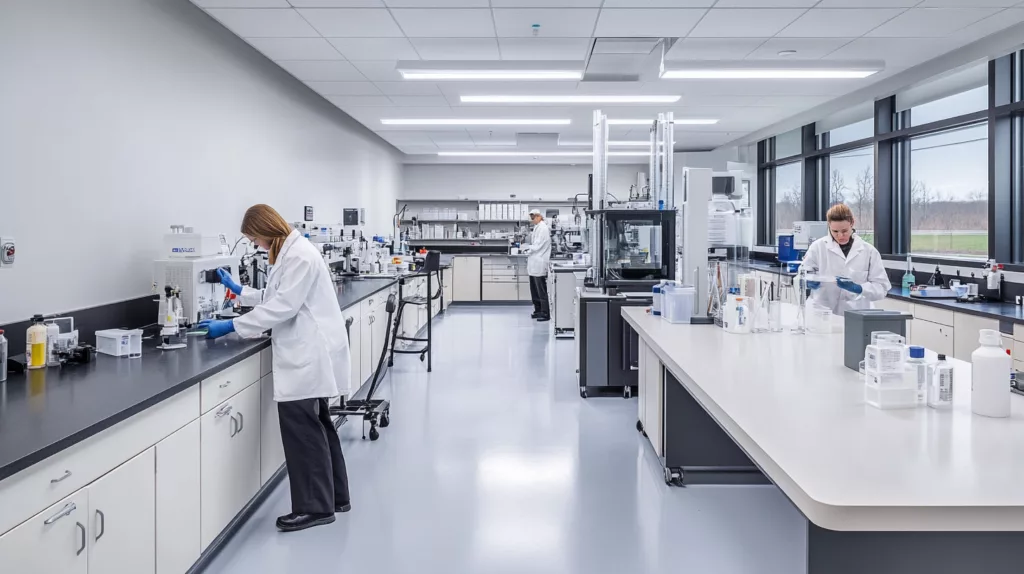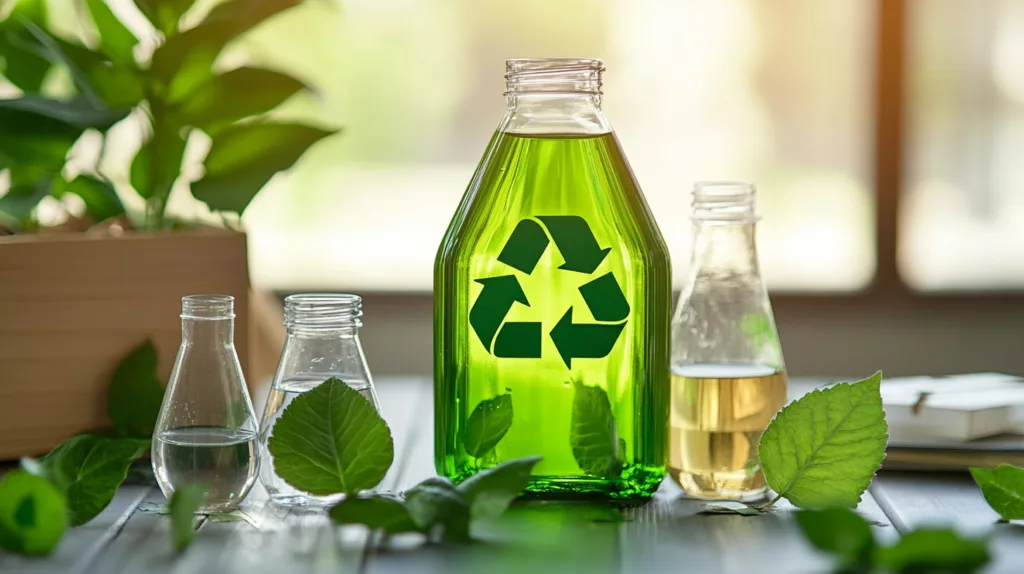Super glue, known scientifically as cyanoacrylate adhesive, is a high-performance adhesive designed for fast bonding and durable results. Its commercial formulation of super glue is a blend of chemical components carefully balanced to ensure versatility, strength, and a long shelf life. In this article, we’ll explore the key ingredients and their roles in the composition of super glue.
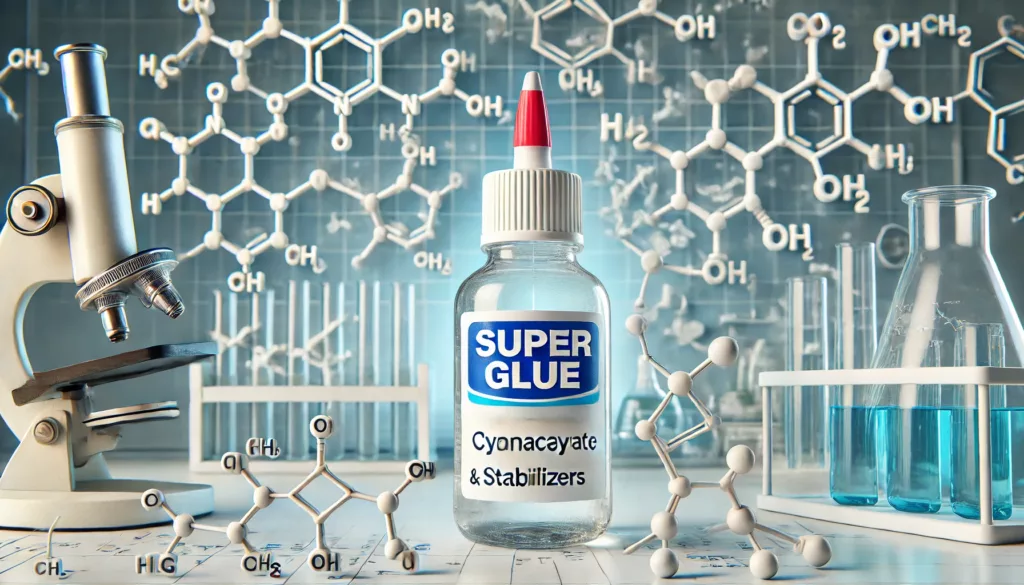
What Makes Super Glue So Effective?
Super glue’s effectiveness lies in its rapid polymerization process. The adhesive reacts with moisture on the surface of materials to form a strong, lasting bond in seconds. This unique feature makes it indispensable in household repairs, industrial settings, and even medical applications.
Key Ingredients in the Commercial Formulation of Super Glue
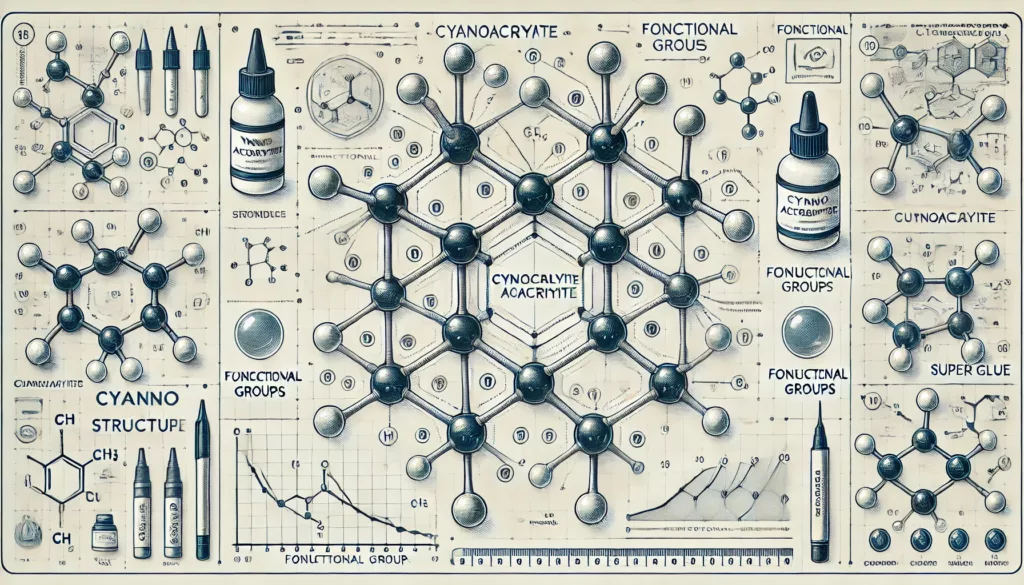
Cyanoacrylate Monomers (Core Component)
The backbone of super glue is cyanoacrylate monomers, such as ethyl-2-cyanoacrylate or methyl-2-cyanoacrylate.
- Function: These monomers rapidly polymerize when exposed to water or humidity, creating a solid, plastic-like structure that bonds materials together.
- Concentration: Typically 80-95% of the formula.
- Applications: Bonds various materials, including metal, plastic, wood, and ceramic.
Stabilizers
To prevent premature curing during storage, stabilizers are included in the formulation.
- Common Stabilizers: Acidic compounds like sulfur dioxide or hydroquinone.
- Function: Ensures the glue remains stable and usable over time by inhibiting unwanted polymerization.
- Shelf Life Impact: Stabilizers can extend the shelf life of super glue by months or even years.
Thickeners
Thickening agents modify the viscosity of the glue, making it versatile for different applications.
- Common Thickeners: Polymethyl methacrylate (PMMA) or acrylic-based compounds.
- Function: Allows for easier handling and application, especially on vertical surfaces or for filling gaps.
- Form Variations: Thickened formulations are often marketed as gel-based super glues.
Plasticizers
Plasticizers improve the flexibility and impact resistance of cured super glue.
- Common Plasticizers: Dibutyl phthalate (DBP) or dioctyl phthalate (DOP).
- Function: Reduces brittleness, making the bond more durable under stress or movement.
- Applications: Especially useful in bonding materials prone to flexing, such as rubber or leather.
Accelerators and Activators
Accelerators speed up the curing process, especially when bonding inert surfaces like certain plastics.
- Common Accelerators: Amines or hydroxyl-based compounds.
- Function: Reduces setting time and ensures a strong bond on difficult-to-adhere surfaces.
- Application Method: Often applied as a separate spray or primer before using the glue.
Fillers and Additives

Fillers enhance the adhesive’s texture and resistance to environmental factors.
- Common Fillers: Silica or calcium carbonate.
- Function: Adds properties such as heat resistance, UV stability, or improved texture.
- Specialty Additives: Some formulations include UV curing agents for specialized applications.
Optional Solvents
While not always included, solvents are sometimes added to modify the glue’s consistency or spreadability.
- Function: Adjusts viscosity for specific applications, such as large surface areas.
- Example Solvents: Acetone or other mild solvents.
How the Ingredients Work Together
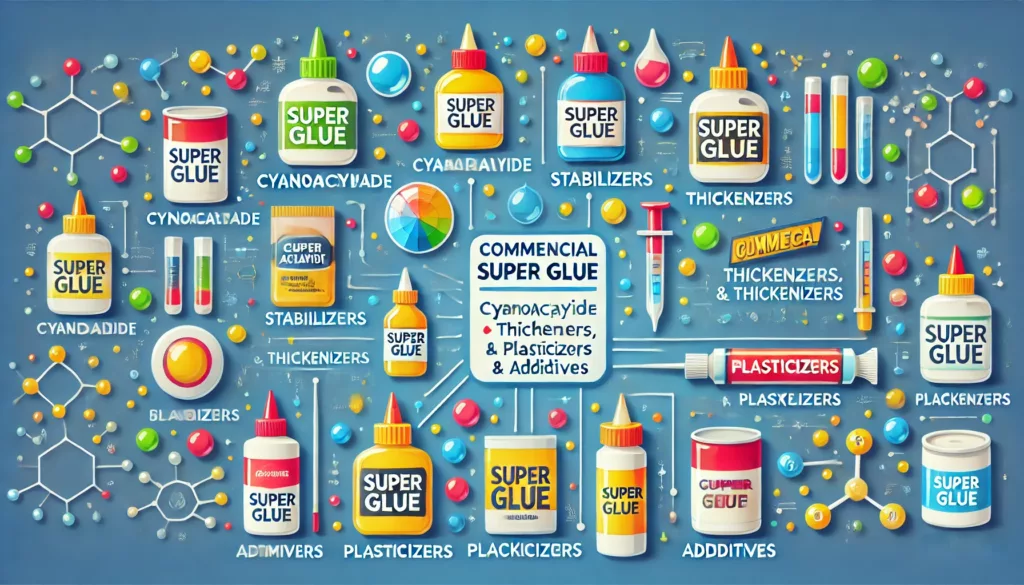
When you apply super glue to a surface, moisture from the air or the material itself triggers the polymerization of cyanoacrylate monomers. Stabilizers keep the reaction controlled until use, while plasticizers and thickeners ensure the glue adapts to different materials and conditions. Together, these components create a powerful, versatile adhesive.
Common Applications of Commercial Super Glue
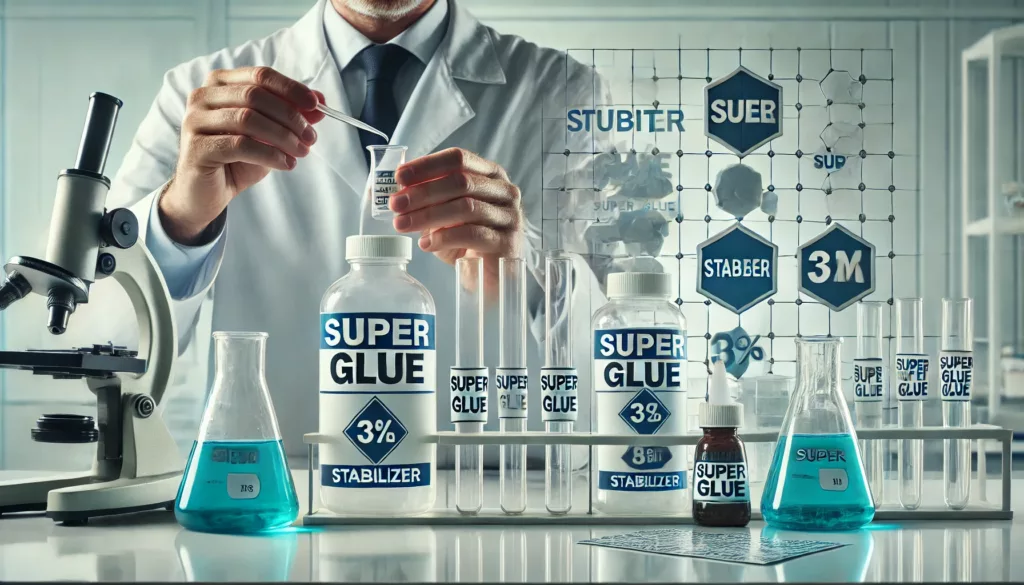
- Household Repairs: Fixing ceramics, plastic, and metal.
- Industrial Use: Bonding machine parts or assembling prototypes.
- Medical Applications: Closing wounds or repairing surgical instruments.
- Crafting: Creating intricate designs or assembling models.
FAQs
What makes super glue cure so quickly?
Super glue cures rapidly due to a chemical reaction between cyanoacrylate monomers and moisture, forming a strong polymer bond.
Why does super glue turn brittle over time?
Without plasticizers, cured super glue can become brittle, especially under constant stress or exposure to extreme conditions.
Can you adjust the viscosity of super glue?
Yes, commercial formulations include thickeners to create gel-like versions for specific applications like gap-filling.
Is super glue waterproof?
Many commercial super glues offer water resistance, but specialized formulations are required for full waterproofing.
What surfaces don’t work well with super glue?
Super glue may struggle to bond oily, wet, or extremely smooth surfaces like glass unless pre-treated with an activator.
Can super glue be used in high-temperature environments?
Special formulations with heat-resistant fillers can withstand high temperatures, making them suitable for industrial use.
Conclusion
The commercial formulation of super glue is a masterpiece of chemical engineering. Its combination of cyanoacrylate monomers, stabilizers, plasticizers, and other additives allows it to bond diverse materials quickly and securely. Whether for everyday fixes or specialized industrial applications, understanding its components can help you choose the perfect super glue for your needs.




